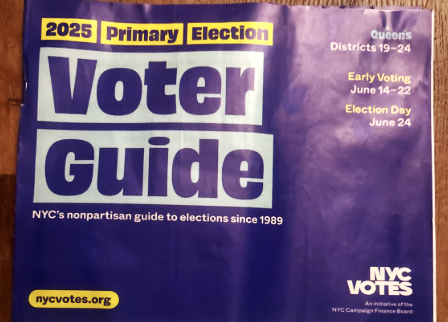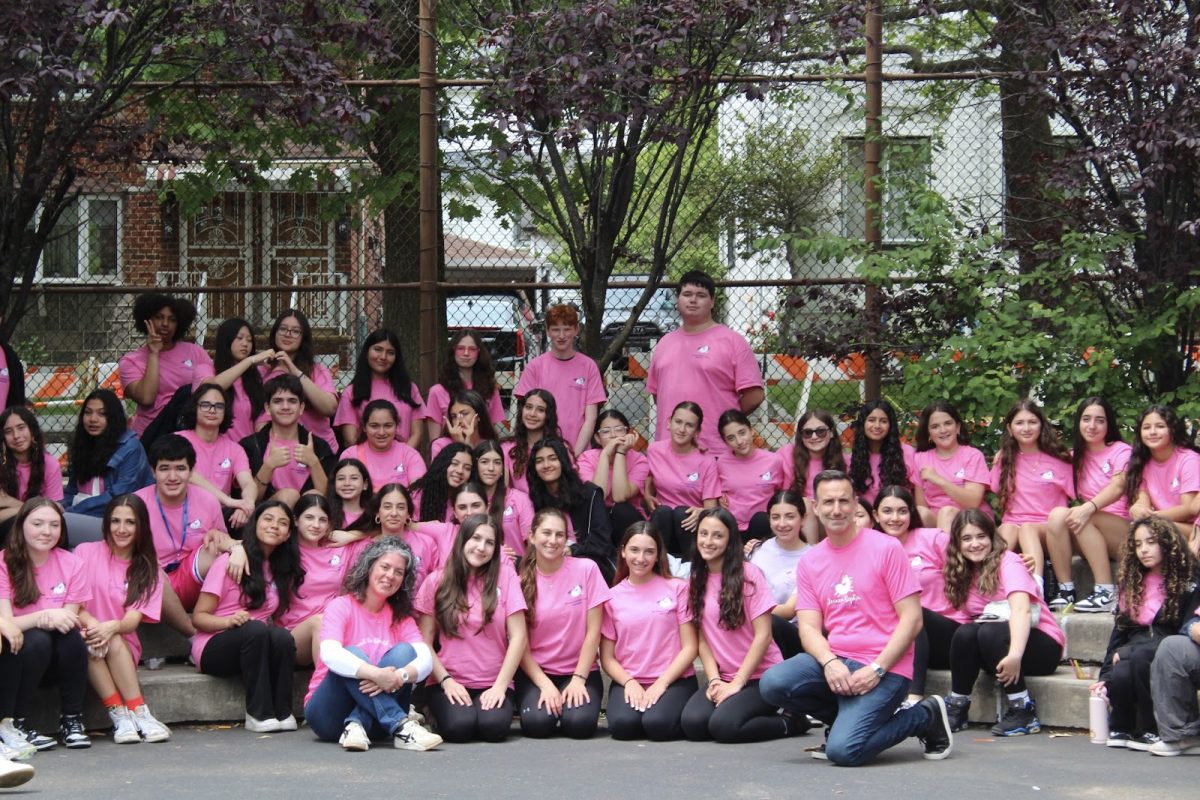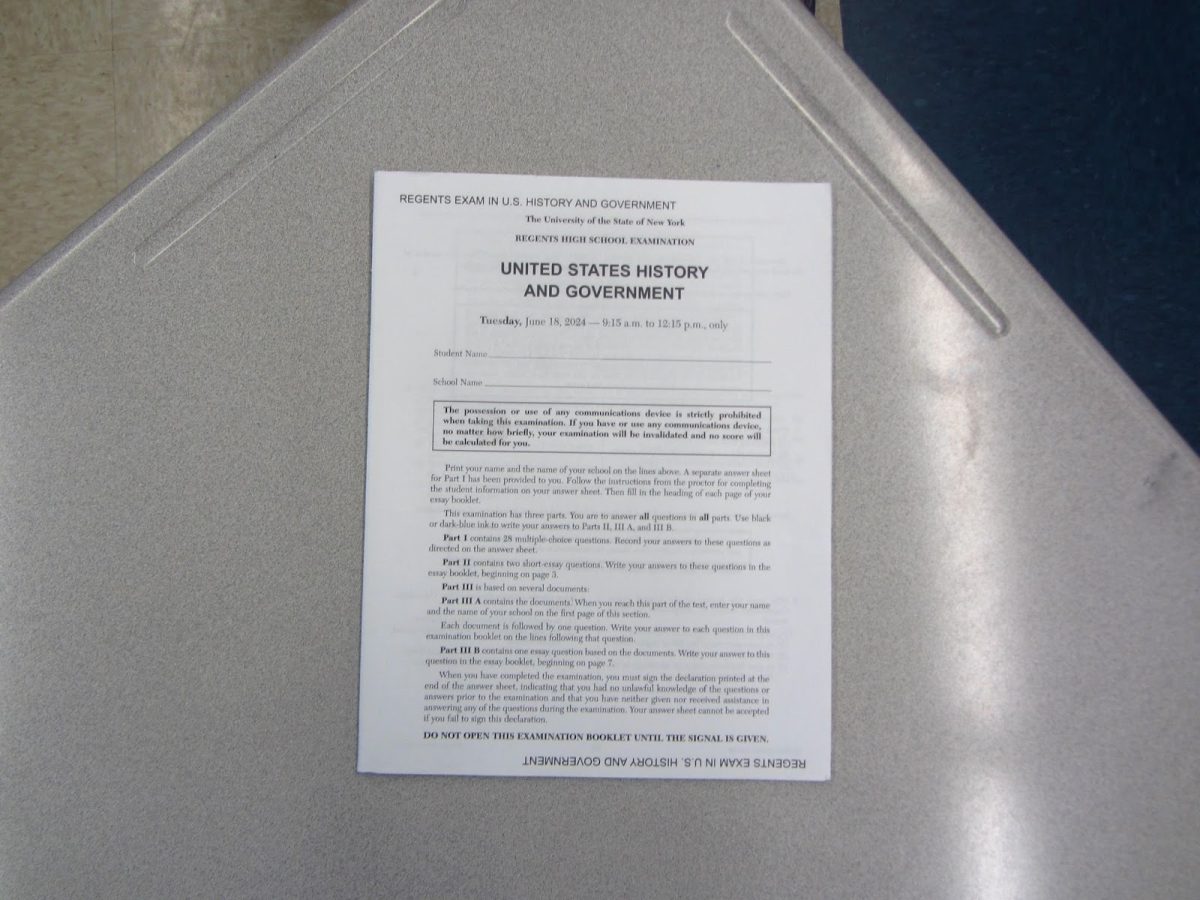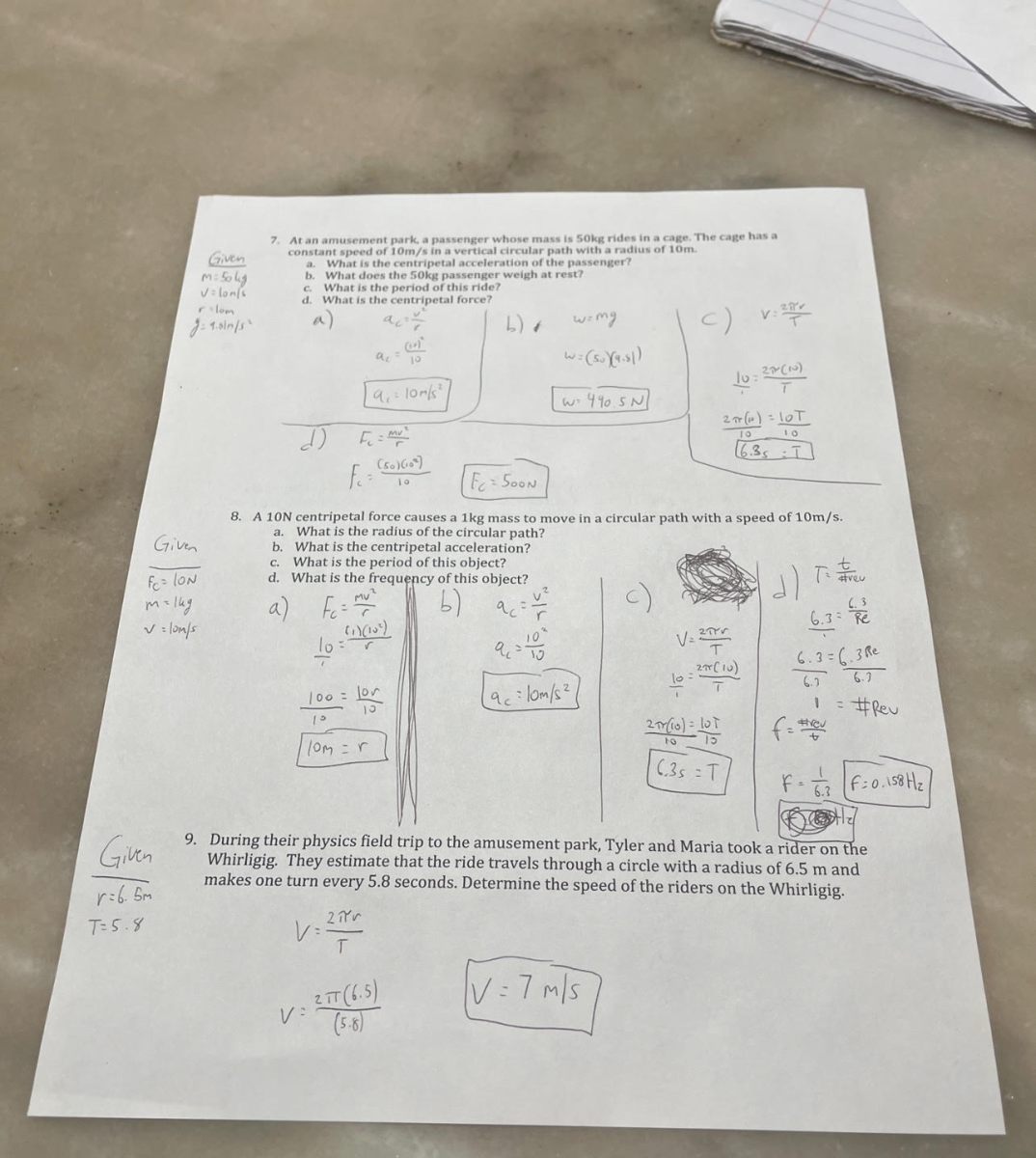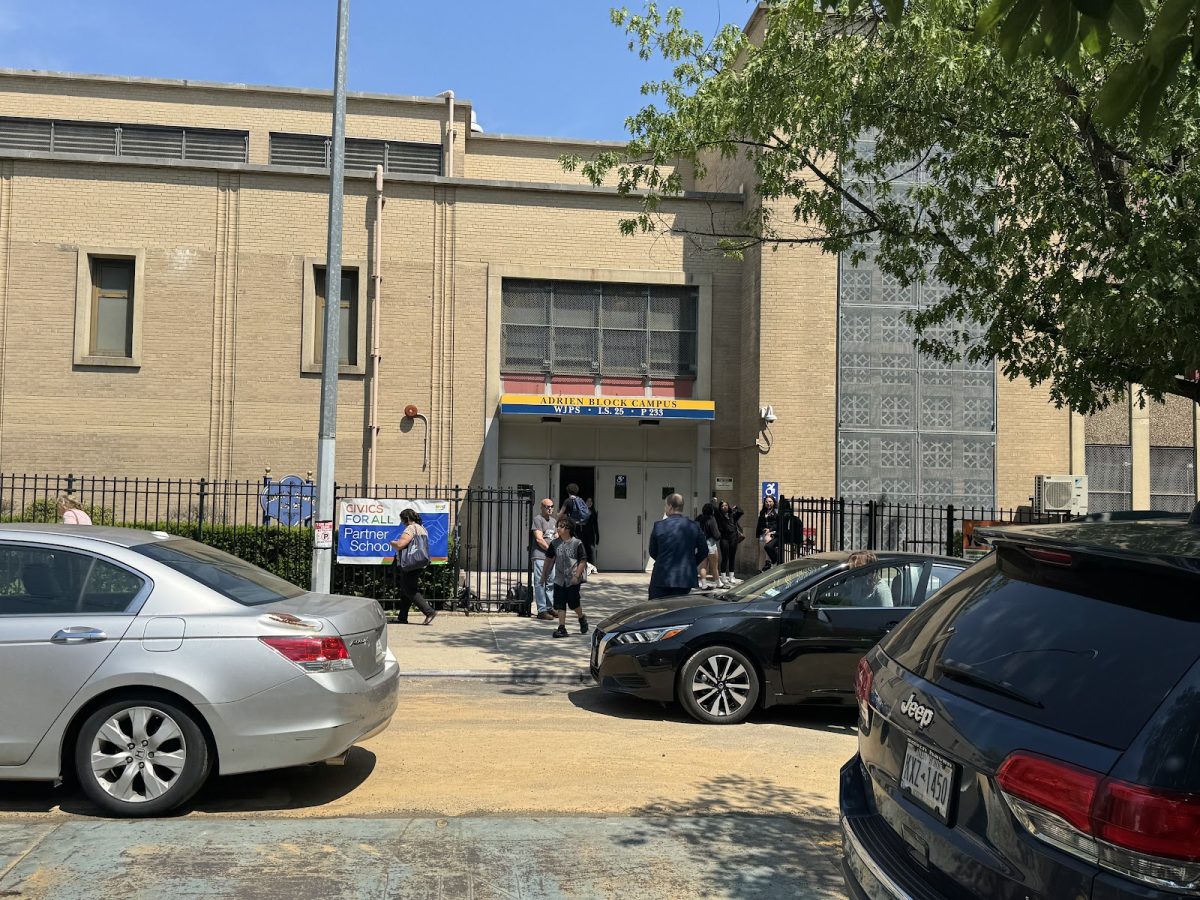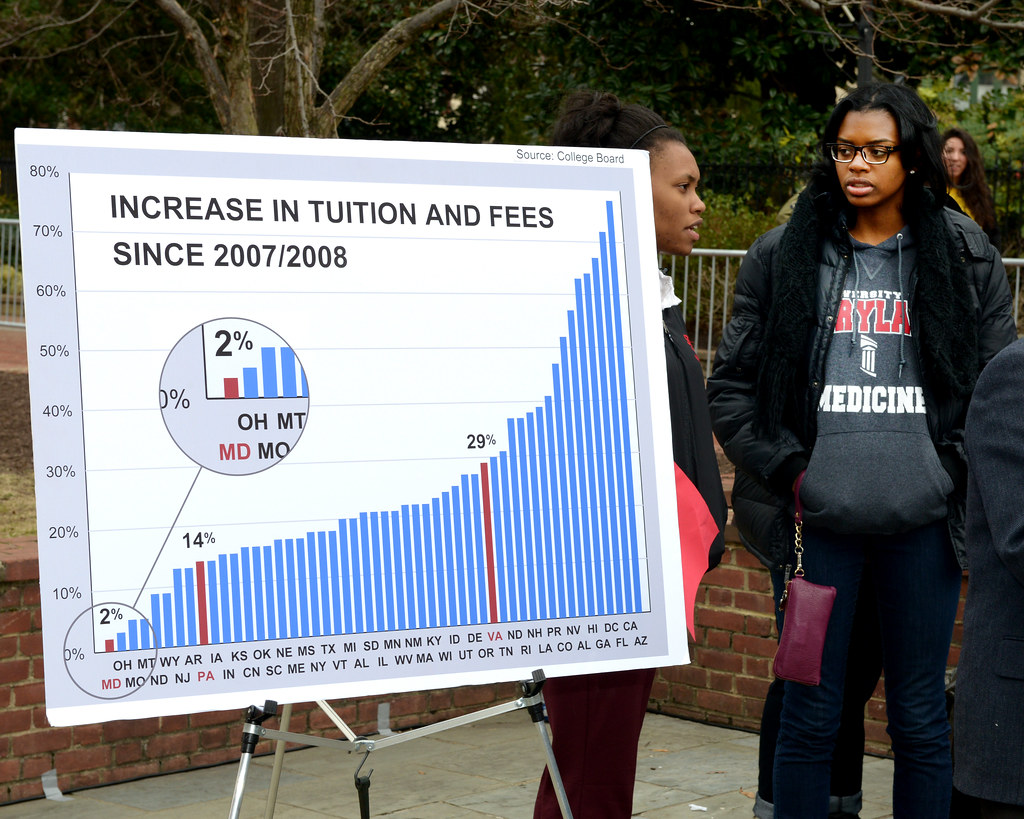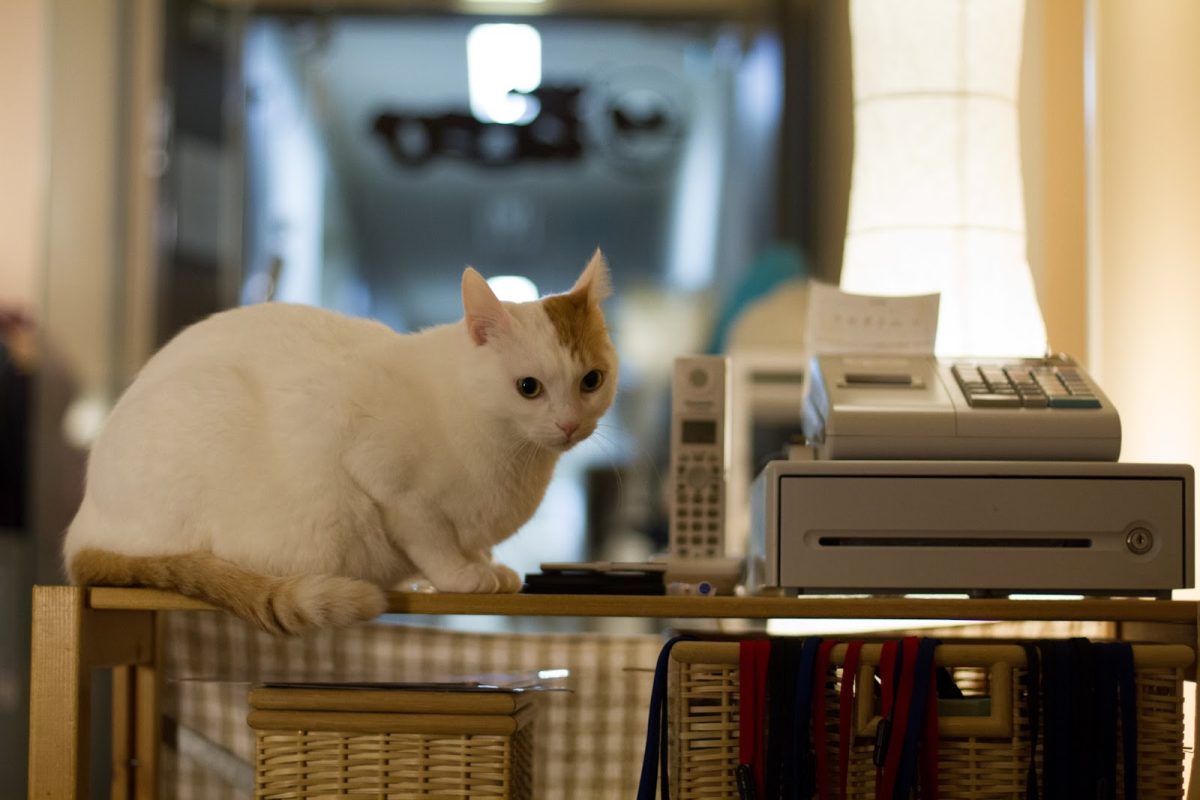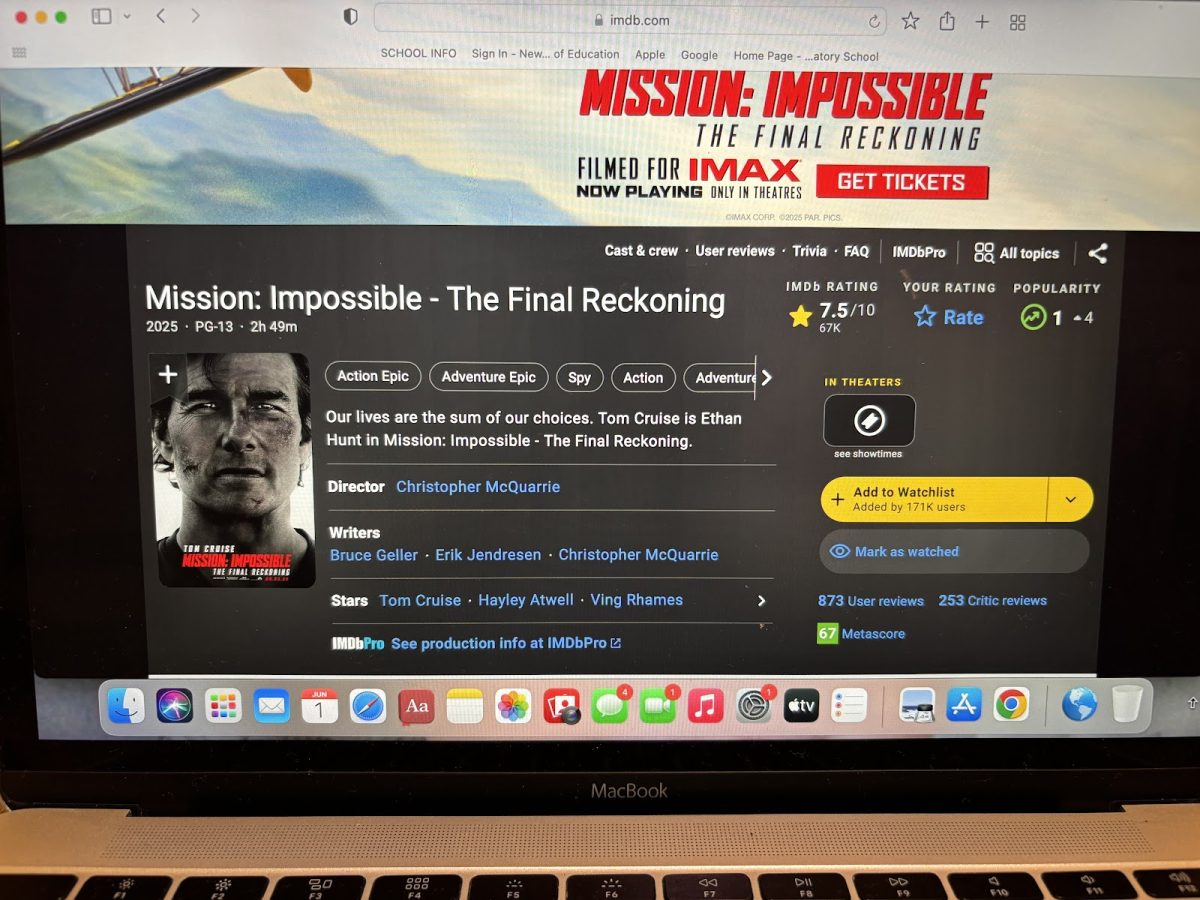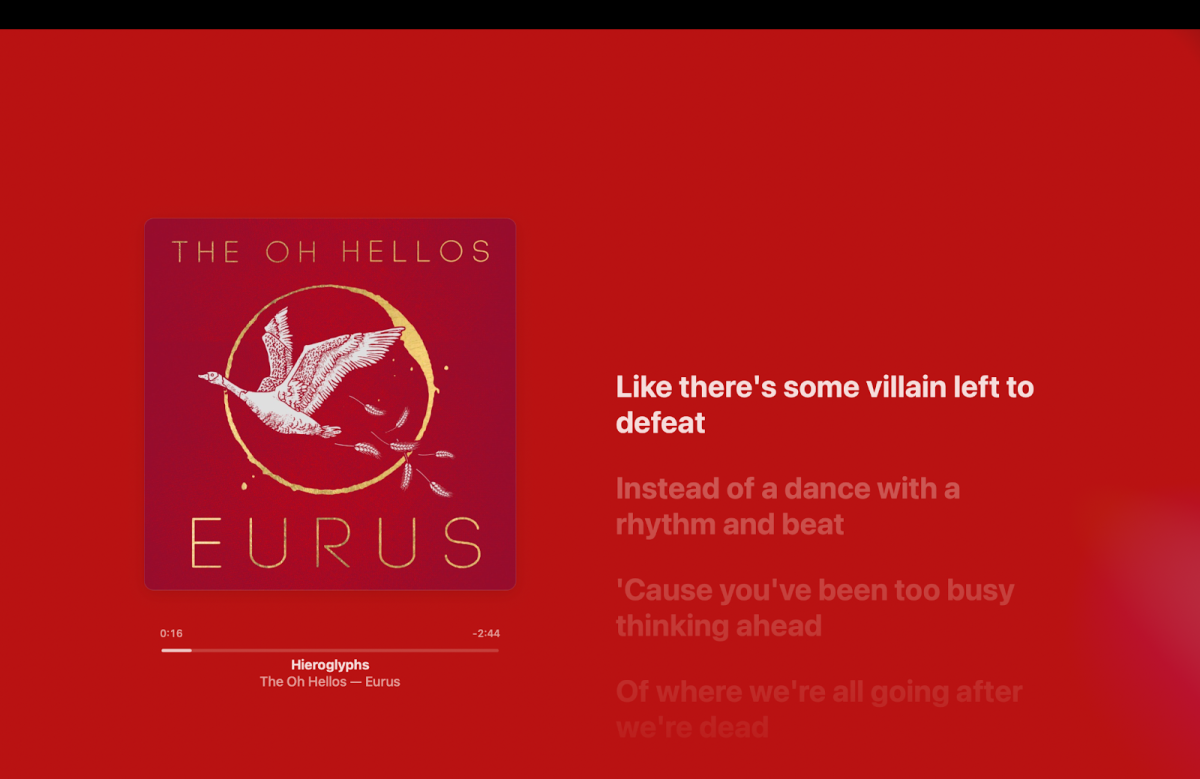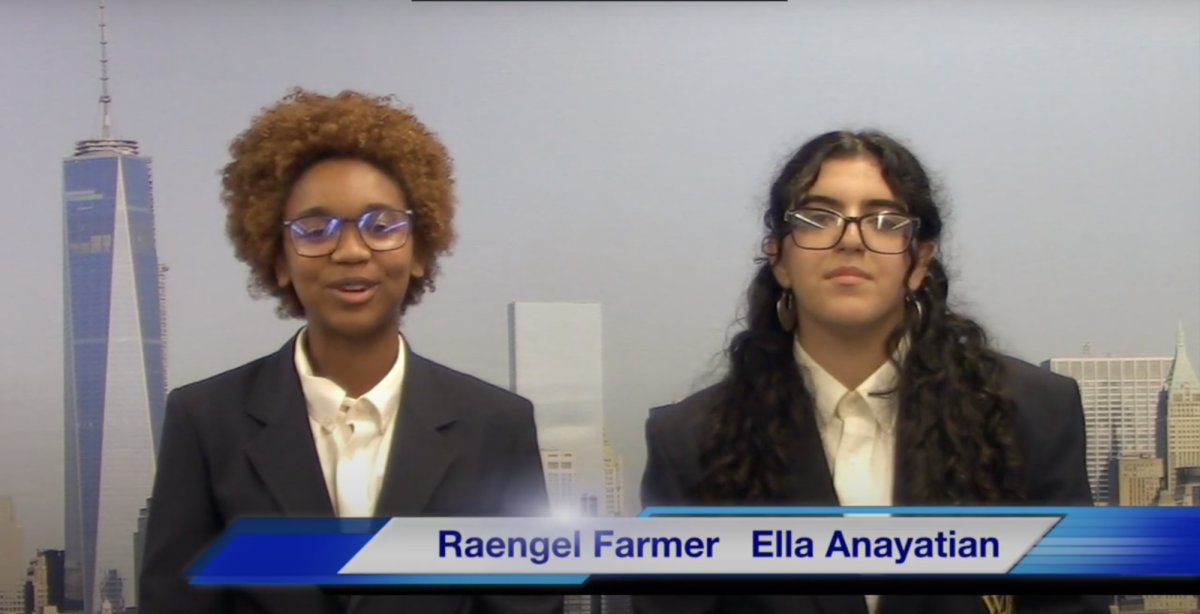by Chelsea Mesa, opinion editor
There once was a time that student journalist’s articles were consistently censored. Today students can write about whatever comes to their minds, so long as it is appropriate. The question that is left in young journalists minds are what exactly defines ‘appropriate’.
If a student in newspaper class decides to write a story about teen pregnancy, that student has the right to go ahead and do so. However, there was an issue that changed this factor: the court case everyone knows as the ‘Hazelwood Decision’.
“Censorship should be considered to a certain extent,” senior Samantha Matos said.
Since the Hazelwood court decision took place, there has been less censorship in the public school system. However, private school systems still face the factor of harsh censorship.
As much as students think their rights are protected, the reality is that their rights are limited. What many students don’t realize about the Hazelwood decision is that it gives emphasis to determining whether a student publication is or is not a, “public forum,” for student expression.
“I think the students should not have to deal with censorship in general. Students have the voice to speak what they think is right without being limited by the administration therefore no matter where we are we’ll always be protected of our rights as students with a voice,” senior Gabriela Luciano said.
According to The Hazelwood Decision and Student Press at Scholastic, “Some student publications that formerly may have been presumed public forums may not be after ‘Hazelwood.’ The determination of forum status may not always be clear, but this article describes how it will likely be made”.
The website also stated that, “The Court also made clear that after ‘Hazelwood,’ a school official can review non-forum, curricular student publications before they go to press, and probably can do so without specific written regulations.”
It has been 25 years since the case, and student journalists today have the freedom they desire to write about what they choose to. If it weren’t for this decision, student journalists wouldn’t have extensive First Amendment protections (source).
Student newspapers, yearbooks, and literary magazines, as well as radio and TV programs, can use the information provided in this case decision as a guide. The First Amendment only protects against the actions of government officials, and the “Hazelwood” case specifically deals with First Amendment rights.
“Because of the Hazelwood decision I feel a little more protected and reassured that my freedom is expression could be emphasized to its fullest potential,” senior Rocio Bauer said.
There has been so much change in the 25 years that this case decision has been made, and as a result, many students and advisors are still looking for more information on the status of their rights. This is because many student writers feel that there are still limitations on their freedom, and they’re hoping for a future where they could have the freedom to write about whatever comes to their mind without the most insignificant fear of censorship.
Now look at it this way: if this case was never brought about, where would student voice and freedom lye? It is clear that students wouldn’t have the freedom of expression they have today. The ‘Hazelwood’ decision changed the outlook of student journalism forever but not for everyone and that is what still needs to be changed today.

